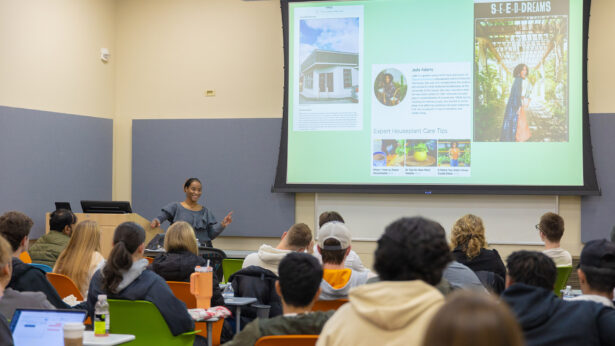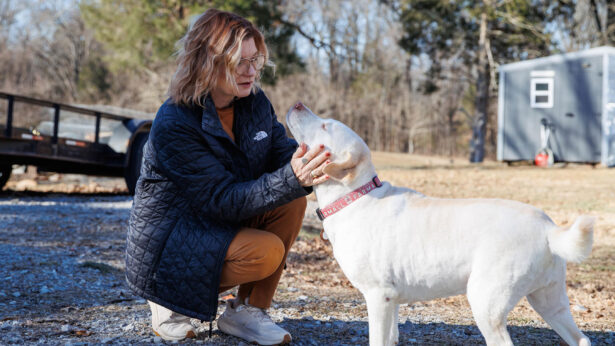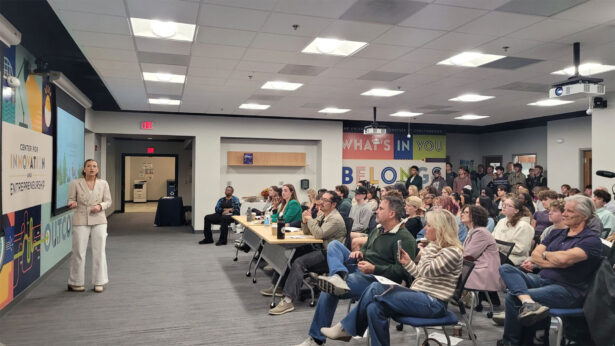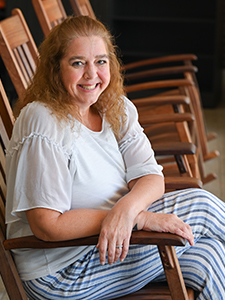
UT campuses and institutes have combined forces to improve the lives of rural Tennesseans with developmental disabilities.
At UT Southern, Assistant Professor Claire Paul coordinates the Grissom School of Education’s Special Education program, launched in 2021 to help train students to fill the area’s shortage of special education teachers.
In Chattanooga, Michelle Rigler heads the Disability Resource Center, which assists about 1,200 UTC students who have conditions ranging from severe anxiety and depression to learning and physical disabilities. She also leads Mosaic, a program that offers comprehensive services for degree-seeking students with autism.
At UT Health Science Center, Professor Bruce Keisling directs the Center on Developmental Disabilities, which assists families while training graduate students as health professionals.
They were brought together by John Lacey (Knoxville ’03), who coordinates the UT System’s Grand Challenges initiative, to develop the Rural Disability Resource Network. The network would address the statewide Grand Challenge of strengthening rural communities by improving life for Tennesseans with developmental disabilities. The network will focus on getting resources to school teachers and administrators in rural counties.
“We’re trying to answer the question of, ‘How do we improve access and awareness for families?” Lacey says.
Network organizers say that, while there are resources available, they’re not always getting into the hands of residents in remote areas of the state. Parents often don’t know how to access diagnostic services or secure appropriate educational resources for their children. School officials aren’t trained to be advocates. There aren’t enough medical professionals serving these areas. Further, parent networks are scarce in isolated areas. Families with developmentally disabled children may not know anyone else in the same situation.
Lacey says the university hopes efforts like the Rural Disability Resource Network spark “innovative thinking about how we get information into the hands of people who need it.”
Are you interested in learning more about UT’s efforts towards improving the lives of rural Tennesseans with developmental disabilities? Want to get involved? Let us know!
Join the CauseUT Experts Align
The Rural Disability Resource Network grew from a conversation between Lacey and Paul about work her students did in Pulaski. They quickly realized the problem existed beyond one area and that UT’s experts from across the system could help.
“We saw this as an opportunity to identify what the gaps and needs are and how we can leverage our resources and relationships to help those communities,” Lacey says.
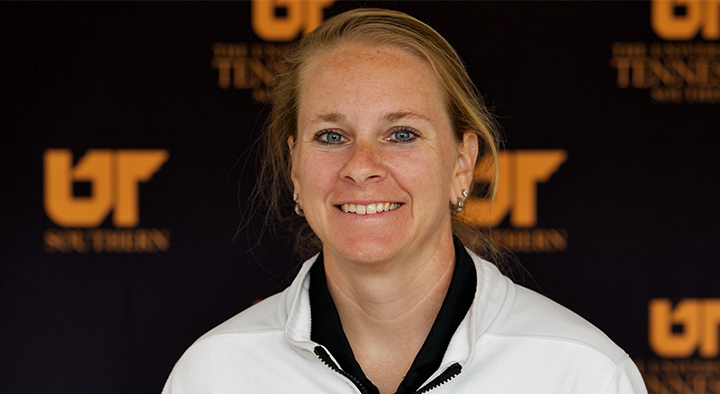
At UT Southern, the first students majoring in special education graduated in May. Seven students are enrolled and another 18 set to enter the program when they become juniors.
Before arriving at UT Southern, Paul worked at King’s Daughters’ School, a private residential program for people ages 6 and older with intellectual disabilities in Columbia. Before that, she was a K-12 special education teacher in Florida.
In Florida, “finding services and agencies to help my students was not a problem. It was at my fingertips,” Paul says. “I didn’t realize what a gem that was until I came to rural Tennessee.
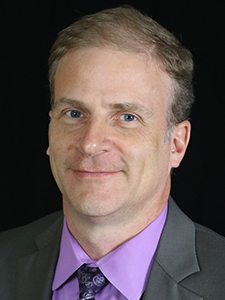
“I understand what educators need, and I see what they’re not getting, what families aren’t getting. There are agencies, but a lot of them are based in Nashville. They don’t have physical facilities in the rural counties.”
In March 2023, Paul’s students organized Fostering Inclusion through Resource Efforts, a resource fair for individuals with disabilities, families and caregivers, educators and other professionals. Paul plans for it to become an annual event.
Lacey and Paul reached out to other campuses. Keisling and Rigler quickly joined the team.
In the Memphis area, the first stop for many families with children suspected of having developmental disabilities is the UTHSC Center on Developmental Disabilities. One of 67 such centers nationwide, it evaluates children and provides families with a diagnosis and recommendations for educational programming and specialized care.
“The initial diagnostic evaluation and accompanying report are often the gateway,” Keisling says. The center provides the parents with the documentation needed to request appropriate resources for their child.
At UT Chattanooga, Rigler also brings a breadth of experience to the network. Prior to her current job, she worked with K-12 exceptional education students and in day-treatment programs for intellectually disabled individuals.
Along with other UT experts from UT Knoxville, UT Martin, UT Institute of Agriculture and UT Institute for Public Service, the network includes state partners, such as the Council on Developmental Disabilities (CDD) and Tennessee Disability Pathfinders.
Such work of harnessing the power of experts across the UT System and the state is the point of UT’s Grand Challenges initiatives, Lacey says.
More Vital Help
Along with the professionals, “it is critical to have people with lived experiences as part of the network,” Keisling says.
He recruited Jenness Roth, retired associate director of UTHSC Center on Developmental Disabilities, whose 37-year-old son, Sam, has autism and intellectual disabilities. After Sam was diagnosed at age 3, Roth encountered pushback from the school district when she requested specialized programming. Schools rarely get enough funding for such costly services.
“I had to figure out Sam’s rights,” she says. “I fought to get the expectations high enough that he had a well-rounded and functional curriculum.”
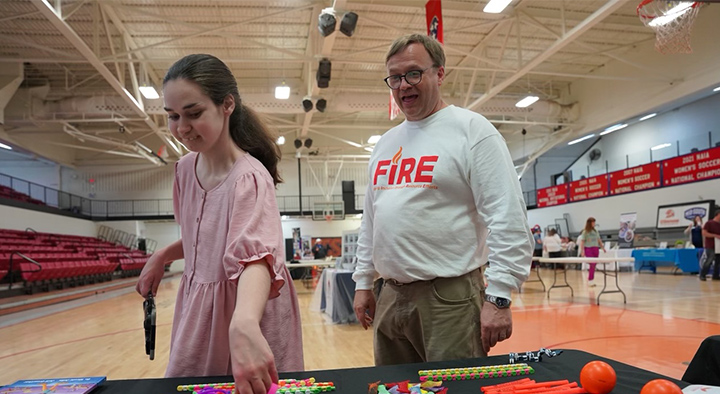
In Pulaski, Paul recruited Chrissy Hood, wife of a UT Southern staff member and mother of a 21-year-old daughter, Alaina, who is nonverbal and needs help with all her daily activities, including eating and toileting.
As Alaina grew into womanhood, Hood struggled to find places where she could discreetly change her daughter’s adult diapers in public.
As an appointee to the state’s CDD, Hood succeeded in getting Tennessee lawmakers to allocate $1 million for the Department of Intellectual and Developmental Disabilities to offer grants for businesses and municipalities to install adult-size changing tables.
Network’s Niche
Members of the Rural Disability Resource Network don’t want to duplicate existing services but rather increase access to them and prompt broader changes.
Members say strategies might include community-wide informational sessions, presentations targeted to families with developmentally disabled children, advocacy training for educators and incentive programs to encourage graduates to work in underserved counties.
“We envision the Rural Disability Resource Network acting as a two-way bridge between the UT campuses and our communities, helping to inform families, providers and faculty, develop the next generation of disability leaders, champion advocacy and improve local systems of support,” Keisling says.

